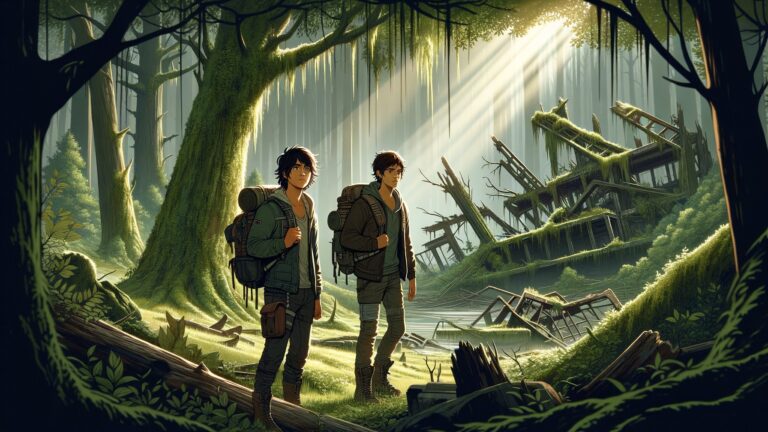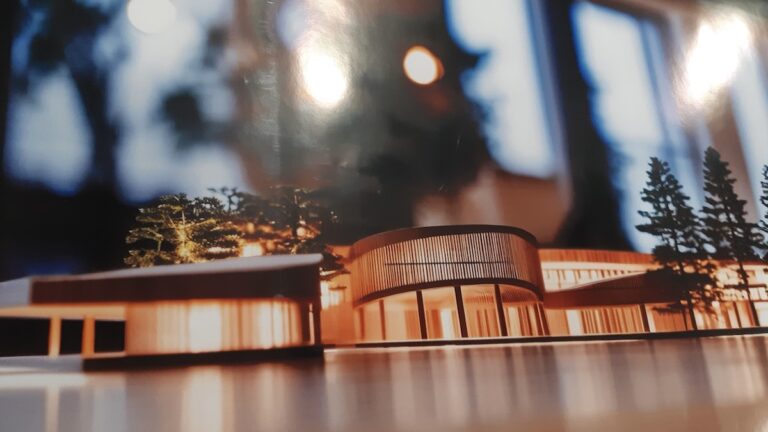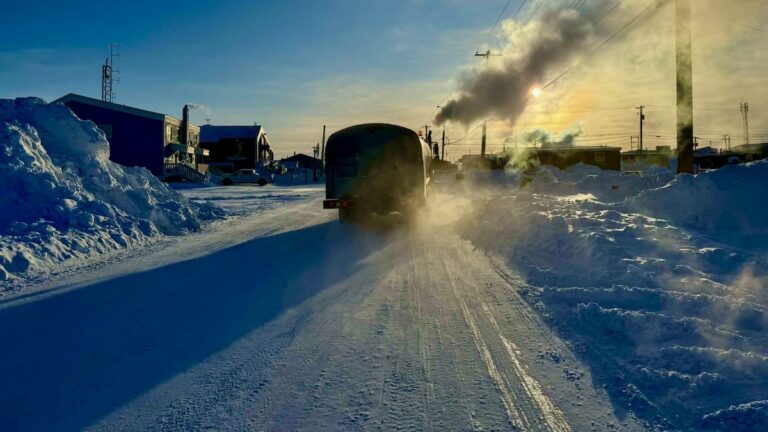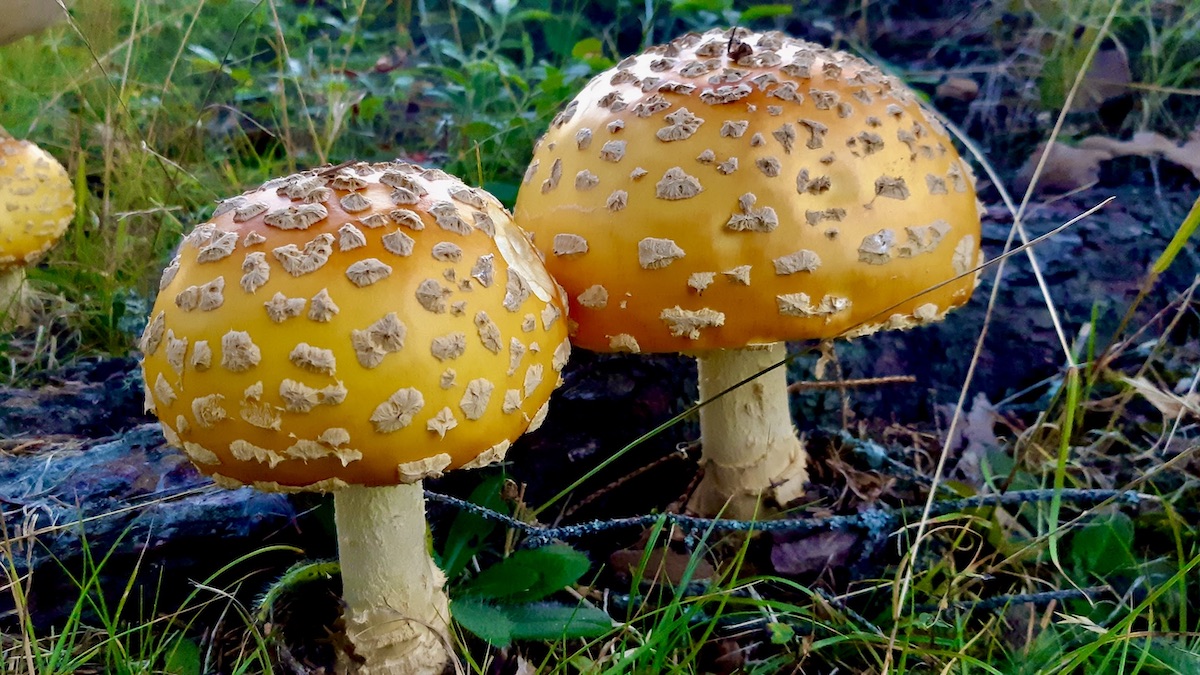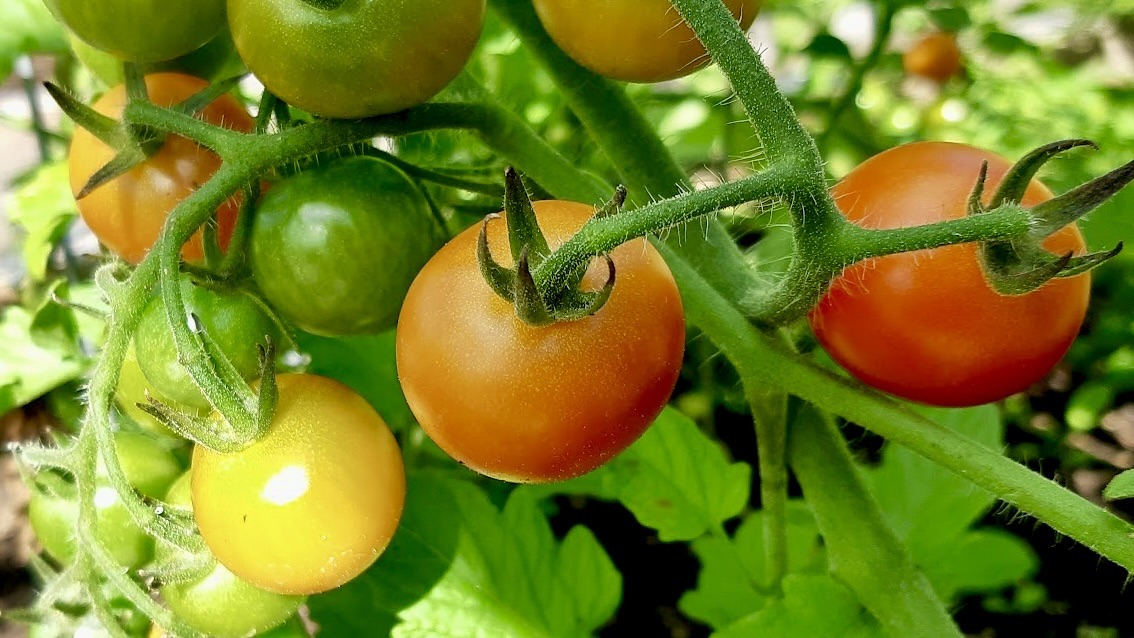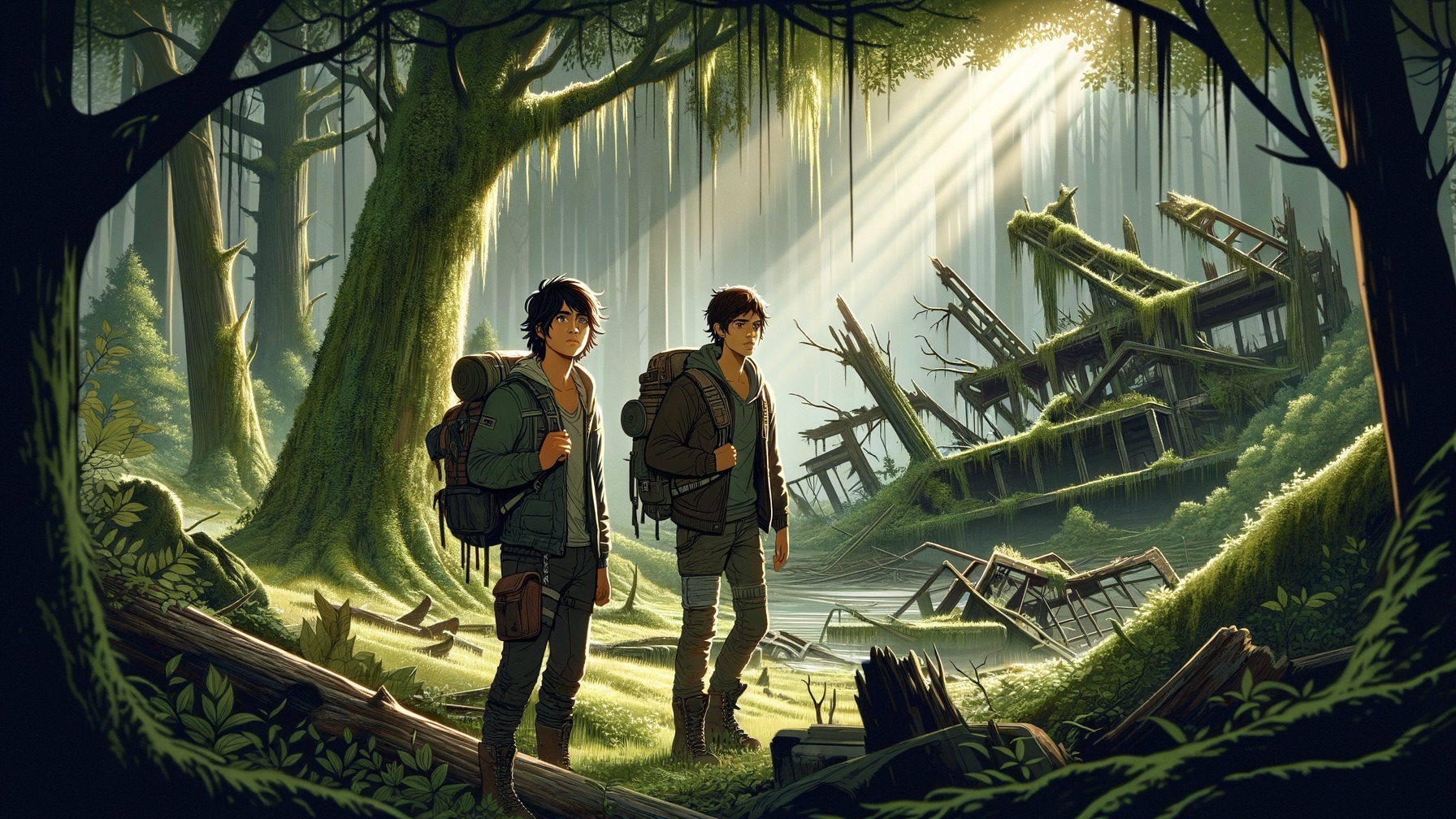
The hunter’s cabin was a maw, breathing out the frigid air that clawed its way in through every splintered seam. Rain, driven by the gale, hammered against the flimsy walls, a relentless percussion that drowned out the thrum of Rowen’s own terrified heartbeat. He sat hunched, knees drawn to his chest, the raw, damp cold seeping into his bones, a constant reminder of his utter helplessness. His teeth chattered, not just from the chill, but from the humiliation that coiled like a viper in his gut. His grand, confident pronouncements about their route, his casual dismissal of Leaf’s quiet unease—they now echoed in the small, dark space, mocking him. He was a fraud, and the forest, in its indifferent cruelty, had stripped him bare.
Leaf, however, moved with a quiet, focused energy that defied the encroaching dread. He didn’t curse the storm or lament their predicament. His eyes, dark and sharp, scanned the dilapidated interior, assessing, calculating. He was a different person in this confined space, a person Rowen had only glimpsed in fleeting moments on the trails, a hunter or a tracker, his senses alive to the subtle shifts of the land. The way Leaf’s fingers brushed the rough-hewn logs, testing for drafts, reminded Rowen of an elder feeling the bark of a birch tree, discerning its story. It was a knowing, ancient touch, something deeper than any map on a screen.
He pulled at a piece of tattered canvas hanging by the rotting window frame, a relic from some long-gone hunter’s attempt at insulation. It smelled of mildew and stale woodsmoke, a scent that might have been oppressive but, in Leaf’s hands, became a tool. He carefully tore strips from an old, moth-eaten blanket he’d found in a dusty corner, knotting them together with the canvas strips. Each knot was precise, deliberate. He didn’t explain his actions, didn’t seek Rowen’s input, simply acted. This was not the Leaf who always looked to Rowen for direction, for the next move, for the loud, confident answer. This was Leaf, the forest’s child, listening to a different drum, one that beat with the rhythms of survival. Rowen watched, a knot of shame tightening in his throat. He, with his shiny new gear and his digital maps, was useless. He was a bystander in his own survival.
Leaf worked around the cabin’s perimeter, sealing cracks with pine needles and damp earth he scraped from beneath the floorboards, a technique passed down through generations, simple but effective. He packed them into the gaps, his movements fluid, almost meditative. The wind’s howl diminished slightly, a testament to his quiet ingenuity. Rowen shivered, pulling his jacket tighter. The cold was still pervasive, but a fraction of its cutting edge had been blunted. Leaf’s hands, though nimble, looked raw and chapped, streaked with mud and resin. Rowen found himself wanting to reach out, to offer something, anything, but his limbs felt heavy, anchored by his own fear and the weight of his recent failures. He was a stone, while Leaf was water, finding its way around every obstacle.
Then, the fire. It had been a struggle, a frustrating dance of damp kindling and reluctant sparks. Leaf knelt by the makeshift hearth, his brow furrowed in concentration. He had managed a few wisps of smoke, but the wood, despite his efforts to find the driest pieces, still resisted. The air inside the cabin was thick with the faint scent of wet ash and desperation. Rowen saw the almost imperceptible tremor in Leaf’s hands, the slight slump of his shoulders. It was the first sign of vulnerability Leaf had shown, a crack in his resolute facade. And in that moment, something shifted within Rowen. The bitter taste of shame momentarily receded, replaced by a flicker of something else: concern.
Leaf coughed, a dry, ragged sound, as another attempt ended in a puff of smoke. He pressed his palms together, then rubbed them against his jeans, as if trying to warm them, or perhaps, to rub away the frustration. His breath plumed in the cold air. Rowen’s gaze drifted to the pile of wood Leaf had painstakingly gathered. Most of it was damp, but he noticed a few pieces, smaller and darker, that Leaf had set slightly apart. They looked drier, perhaps from a more sheltered spot. Leaf, in his methodical way, had already sorted them, even when exhaustion must have blurred his vision.
Without a word, Rowen pushed himself up. His muscles protested, stiff from the cold and inactivity. He moved slowly, deliberately, towards the woodpile. Leaf didn’t look up, still focused on the stubborn embers, his face illuminated by the faint, flickering orange glow. Rowen knelt, picking up one of the darker, drier pieces. It was a slender branch, no thicker than his thumb, brittle and snapped clean. Perfect kindling. He picked up another, then another, silently adding them to the small pile directly next to Leaf’s knee. He didn’t meet Leaf’s eyes, didn’t say anything. The gesture felt both monumental and utterly insignificant.
Leaf paused, his hand hovering over the embers. Slowly, his head lifted. His dark eyes, usually so guarded, met Rowen’s. There was no surprise there, no judgment, just a quiet acknowledgment. A flicker of something unreadable, then Leaf nodded, a single, almost imperceptible dip of his chin. He took the dry kindling, arranged it carefully, and struck the flint. This time, a tiny flame caught, tentative but persistent. Leaf cupped his hands around it, shielding it, and Rowen, without being asked, leaned in, positioning his body to block the gust that snaked through a newly discovered crack in the wall.
The combined warmth of their bodies, a small, shared effort, created a pocket of calm against the raging storm. The flame grew, dancing higher, casting long, dancing shadows on the cabin walls. The air, for the first time in hours, held a promise of warmth. The old dynamic, once a rigid, unspoken contract, had finally crumbled. In its place, something new, fragile, and infinitely more profound, began to glow.

